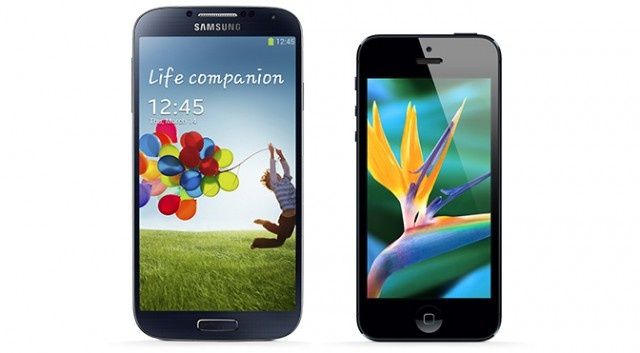See that girl in the MacBook Air on the right? She’s a professional model for stock image site Shutterstock.com, who once did an entire set of images called “Pretty Woman Lying On The Sofa Holding Her Smartphone.” And that smartphone in question is clearly an iPhone 3G/S.
Okay. Now see the image on the left? That’s from a recent Samsung ad, and what do you know? The model’s iPhone has been artlessly photoshopped into a Samsung Galaxy S4… even though that device features a 5-inch display that is so large, the phone’s tiny size in the model’s hand implies a woman who is over eight-feel tall. Here’s proof.
On the one hand, this is a photo from a stock photo site, meaning as long as Samsung paid for the image, they can do what they like with it. But still…. jeez, Samsung. Surely there’s one pretty girl in the world who prefers her Galaxy to an iPhone that you could track down for a photoshoot, right?
Via: Samsung Copies Apple


![Android & iOS Grab 92.3% Of All Smartphone Shipments In Q1 2013 [Report] post-227562-image-d0a6238295ec7afe990328f4af5d1dda-jpg](https://www.cultofmac.com/wp-content/uploads/2013/05/post-227562-image-d0a6238295ec7afe990328f4af5d1dda.jpg)
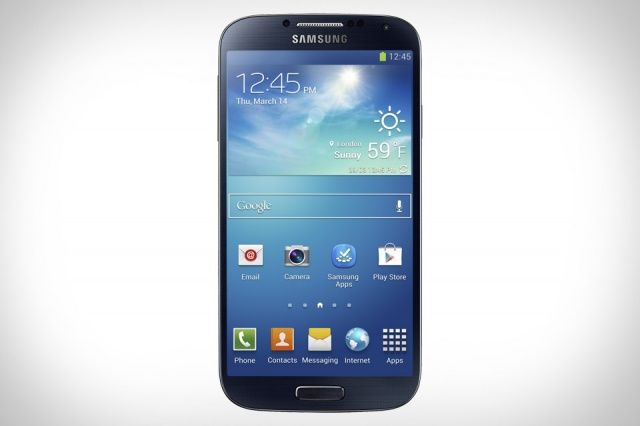
![Nearly Three In Every Four Smartphones Sold Are Running Android [Report] post-227266-image-186ffb2366352bac8465430a88c7c52d-jpg](https://www.cultofmac.com/wp-content/uploads/2013/05/post-227266-image-186ffb2366352bac8465430a88c7c52d.jpg)
![How The Lumia 925 Stacks Up Against The iPhone 5, Galaxy S4, HTC One [Comparison] post-227244-image-558ac1f60edd5520e53f76f54491b125-jpg](https://www.cultofmac.com/wp-content/uploads/2013/05/post-227244-image-558ac1f60edd5520e53f76f54491b125.jpg)
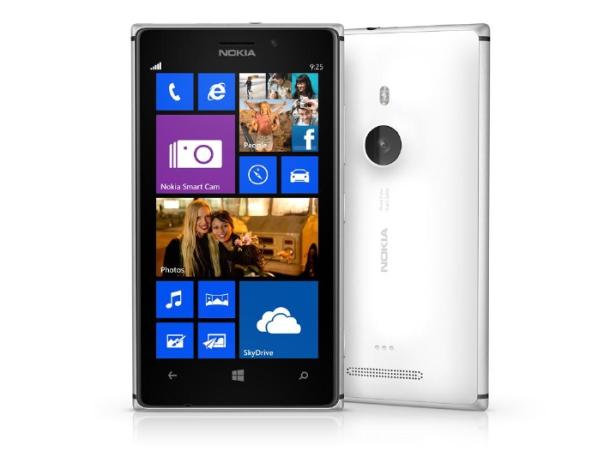
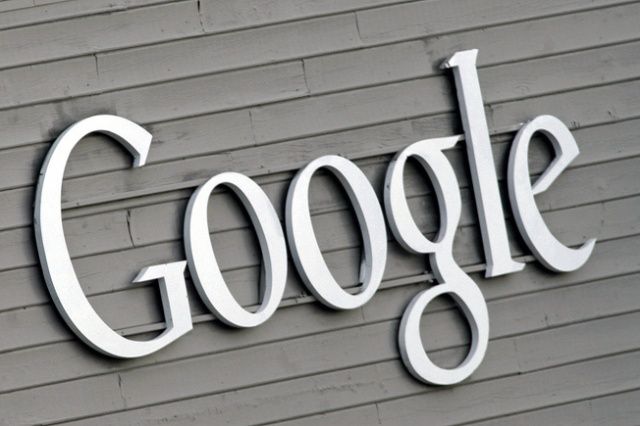
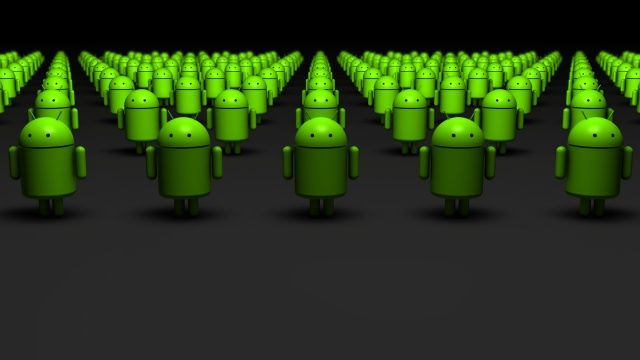
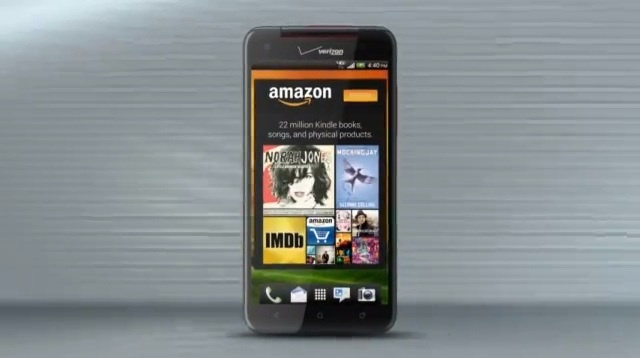
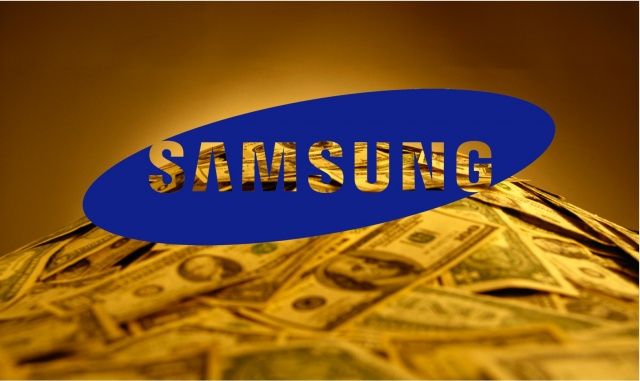


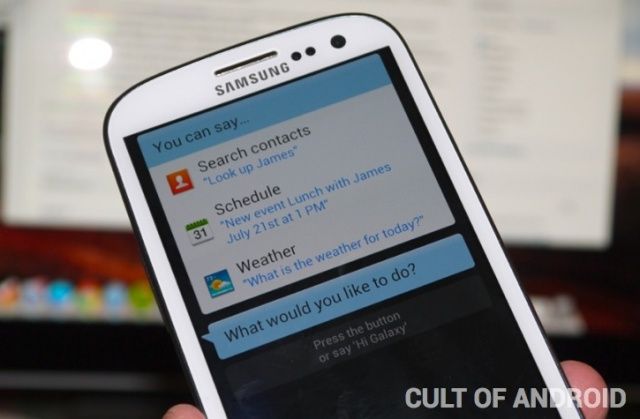
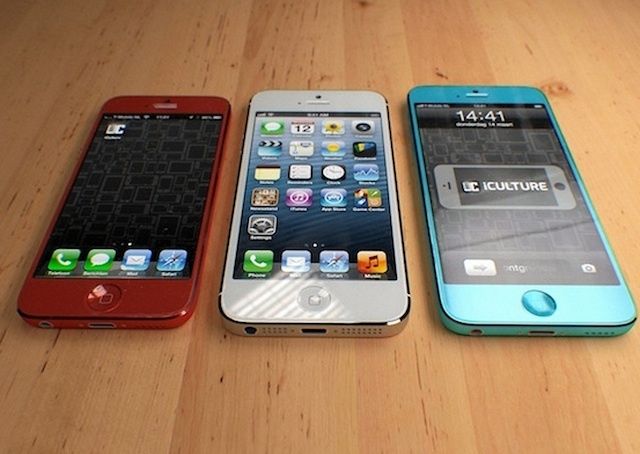
![Retina iPad Mini On Track For June/July Production, Will Use LG Displays, Not Samsung [Analyst] Will you be upgrading?](https://www.cultofmac.com/wp-content/uploads/2013/04/apple-ipad-mini.jpg)
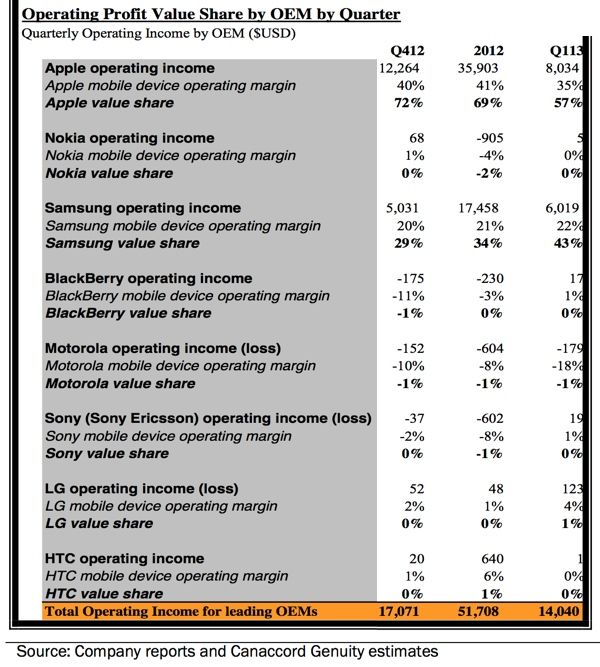
![A Retro Phone For Your Smart Device [Deals] CoM - Retro](https://www.cultofmac.com/wp-content/uploads/2013/05/CoM-Retro.jpg)
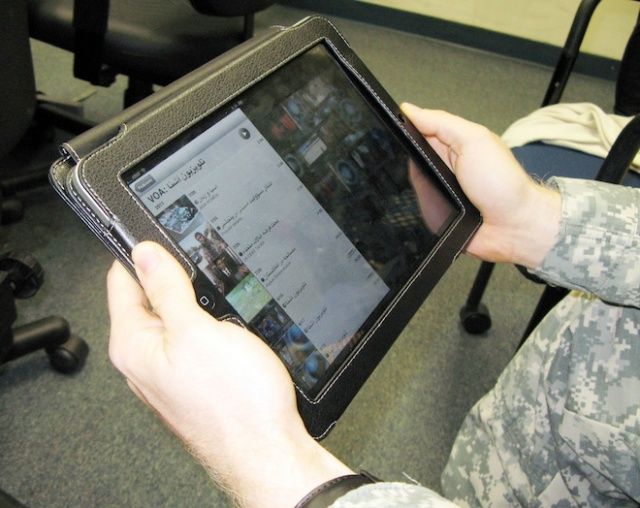
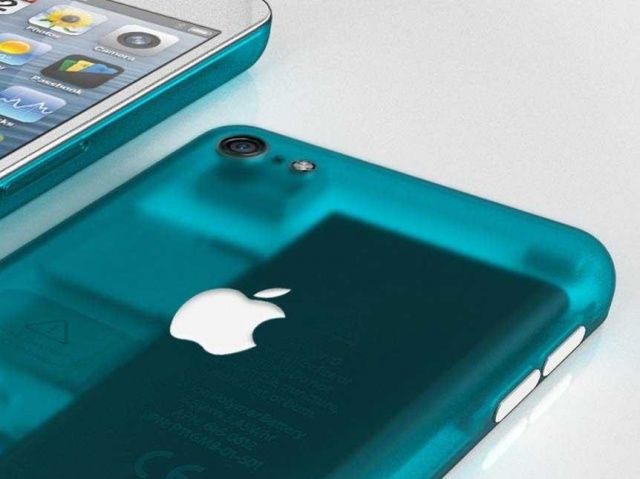
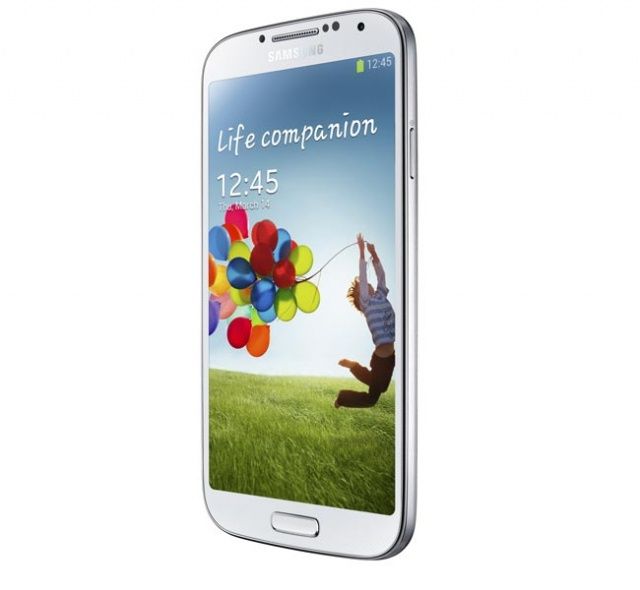
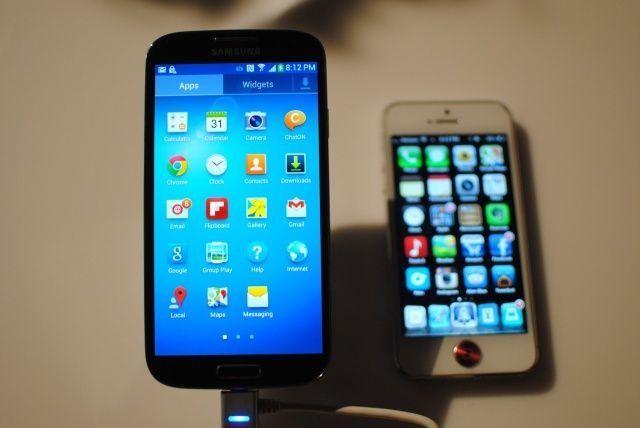
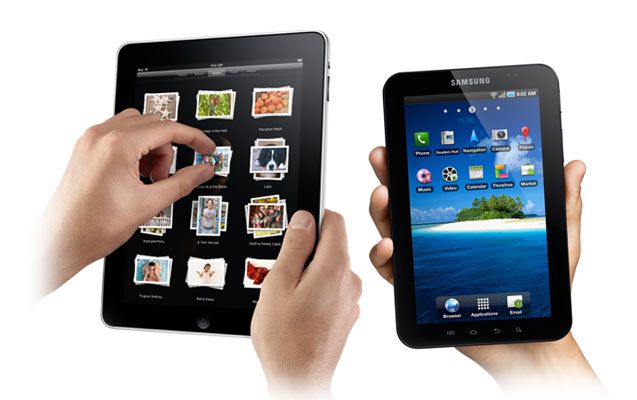
![U.S. Government To Let Samsung And Apple Phones Into The Pentagon [Report] post-225902-image-d49ae36fca2a80711e1e6eefa5296f04-jpg](https://www.cultofmac.com/wp-content/uploads/2013/05/post-225902-image-d49ae36fca2a80711e1e6eefa5296f04.jpg)
![Drop Test Proves Galaxy S4’s ‘Durable’ Plastic Is No Match For iPhone 5’s Aluminum [Video] post-225802-image-9442a949b71cfe73676e1b2dcfd98390-jpg](https://www.cultofmac.com/wp-content/uploads/2013/05/post-225802-image-9442a949b71cfe73676e1b2dcfd98390.jpg)
